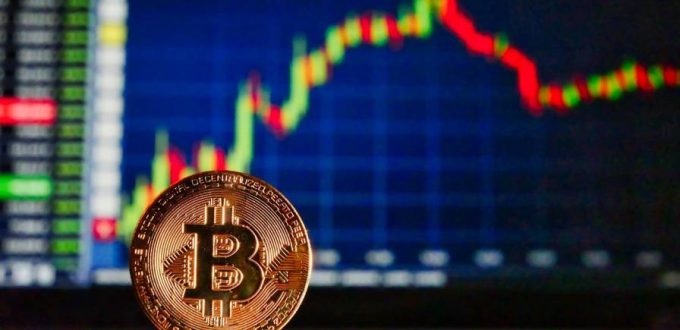For centuries now, a centralized financial system is been used, in this system banks regulate the flow of money, help people to save their money, and financial institutions assist people in investing their money. Even though this system seems to be perfect, but it’s not, what about the people, who are deprived of it.
Financially poor people who are homeless, underprivileged people in remote areas, are not able to access banking services or trade in stock markets.
Unbanked population
As per the data provided by the World Bank, around 1.7 billion people, all around the world are unbanked, which is nearly one-third of the entire population. For this situation, many factors could be responsible, such as lack of access to financial services, poverty, and political instability.
The current financial system can also be shut off for disadvantaged people at any point in time. In Nigeria, when a person raised his voice against regulatory oppression, his bank accounts were closed or frozen. Last year, MasterCard declared that transactions on a certain platform would be halted, depriving thousands of people of a regular source of revenue. A small change in the banking policy can result in denying thousands of people from accessing the banking services.
But this needs to change, and this change has been brought about by cryptocurrencies and blockchains, which offer services to everyone.
The Change
In recent years, there has been a significant increase in the number of people using cryptocurrency. This increase is mainly because of the decentralized nature of the cryptocurrency and its ability to serve all.
These features have made cryptocurrencies a viable alternative for those deprived of financial services. When bank accounts of Nigerian protestors were frozen, cryptocurrencies were used to provide funds. When MasterCard discontinued its operations, it immediately started accepting cryptocurrencies as payment.
This indicates that with cryptocurrencies no one can be left out. During a pandemic when the value of equities declined, consumers looked for alternatives to safeguard their capital. People were able to easily invest money in crypto assets, as they didn’t have to face any entry hurdles as is the case in traditional platforms.
To access cryptocurrency a person is only required to have a mobile phone and an internet connection. And if the reports are true, the number of people having a mobile phone is much more than the number of people having bank accounts.
Future
The degree of access to the financial ecosystem provided by cryptocurrency is much more than that provided by the previous system. Hence, in the coming years, the number of users of cryptocurrency is expected to grow even further. From providing services to people deprived of banking services to empowering disadvantaged groups, cryptocurrencies have become a beacon of financial inclusion.
Disclaimer: The article is just to provide information and shouldn’t be considered as any financial advice. It is advisable to conduct thorough research before investing in any cryptocurrency.
Photo by – royburl on pixabay

